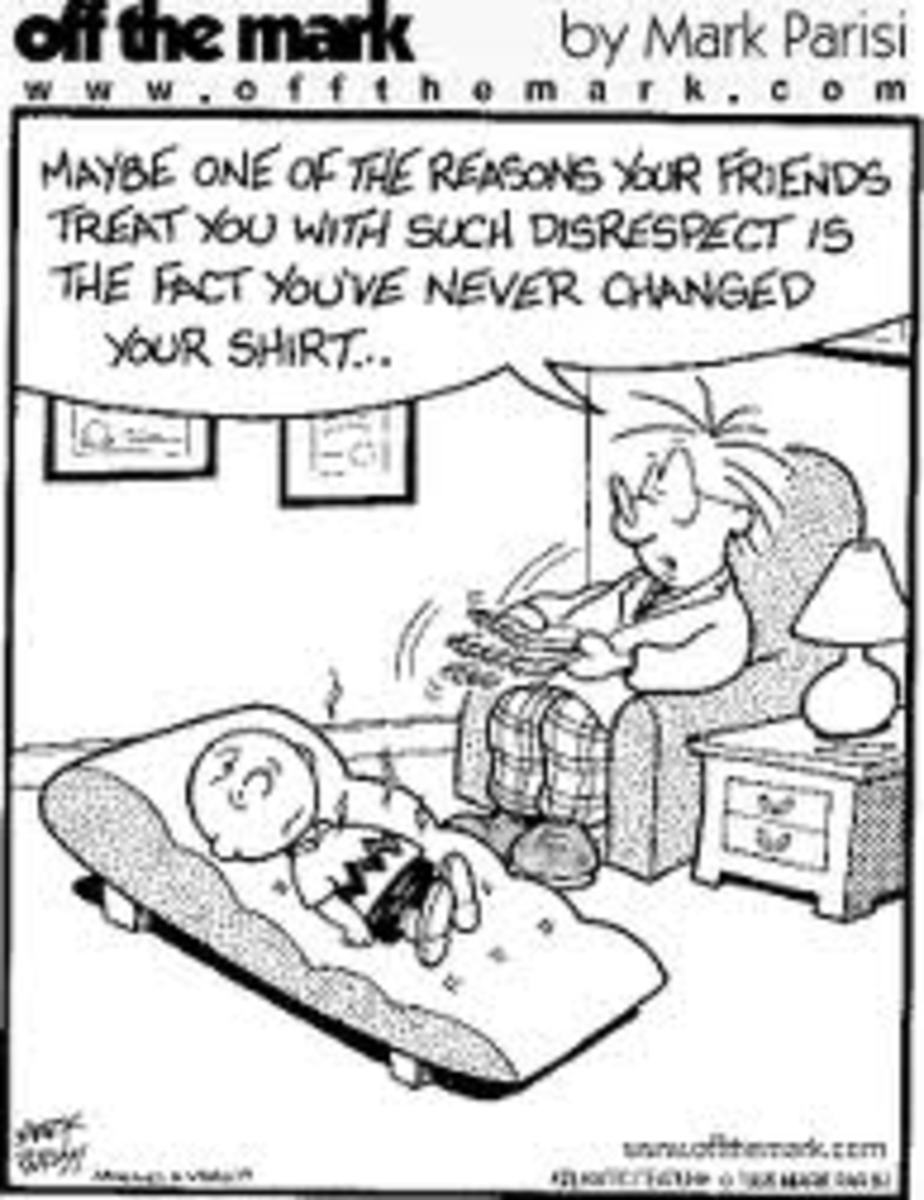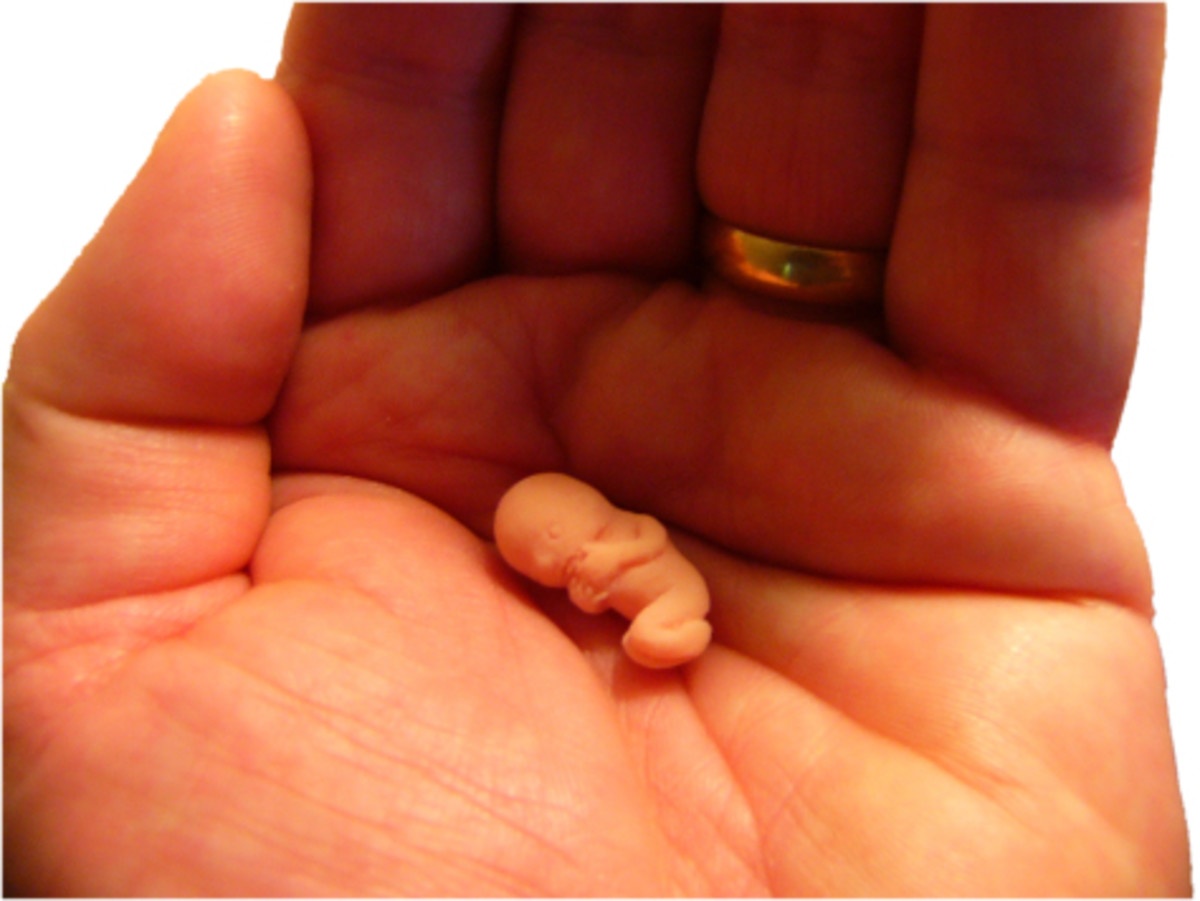Our Genes Determine Our Food Choices
Pollination, where the journey begins

Love Coffee or Garlic?
A study, that was recently conducted, at King’s College London, has found that what we choose to eat is largely determined by genetic factors. So what this mean is that people, who like garlic and coffee, as well as those who eat plenty of fruits and vegetables, are likely to have inherited their tastes from their parents.
So if you are wondering why you do not like fish, for example, it may well be your genes that are responsible.
The study is the most comprehensive of its kind and has established that our food selections are influenced by our genes. It was previously believed that environmental and social factors were the prime determinants of our food choices.
The researchers studied the dietary habits of 3262 UK female twins; this enabled the researchers to study the dietary patterns of identical twins and compare them with non-identical twins. They were thus able to determine the extent to which genes play a part in determining our dietary choices.
Throughout the course of the study, five distinct dietary patterns were identified:
Fruit and vegetable: frequent intakes of fruit, allium (onions, leeks, shallots, garlic) and cruciferous (broccoli, cauliflower, watercress, cabbage vegetables; low intakes of fried potatoes.
High alcohol: frequent intakes of beer, wine and allium vegetables; low intakes of high fiber breakfast cereals and fruit.
Traditional English: frequent intakes of fried fish and potatoes, meats, savoury pies and cruciferous vegetables.
Dieting: frequent intakes of low-fat dairy products, low sugar soda; low intake of butter and sweet baked products.
Low meat: frequent intakes of baked beans, pizza and soy foods; low intakes of meat, fish and seafood, and poultry.
Most people will fall into one of the five categories identified.
Lead researcher Professor Tim Spector, from the Twin Research Unit, at King's College London, said: ‘This research has revealed some fascinating findings. For so long we have assumed that our up-bringing and social environment determine what we like to eat. This has blown that theory out of the water, more often than not, our genetic makeup influences our dietary patterns.'
The study also calls into question the effectiveness of campaigns that are aimed at changing peoples’ eating habits, if diet is more about genetics than choice how effective will these campaigns be?
If this study is accurate and your food choices are pre-determined by your genetic makeup, then how do you lose weight, if you are overweight?
Well, as far as I am concerned the only way to lose weight is two fold, one- eat a balanced diet, that is basically make sure you get something from each food group, every day, you do not have to do this all at the same meal, in fact if you can mange five (5) small meals a day, starting with a good breakfast, say fruit and cheese, or a boiled egg and cheese, for example, then you are moving in the correct direction.
The second secret to effective weight loss is to burn off more calories than you consume, don’t diet, exercise. Power walking for 30 minutes 3 times per week, can help you shed the pounds.
Your local Mall may have a morning walking program and in bad weather this can be a great place to take that power walk.







